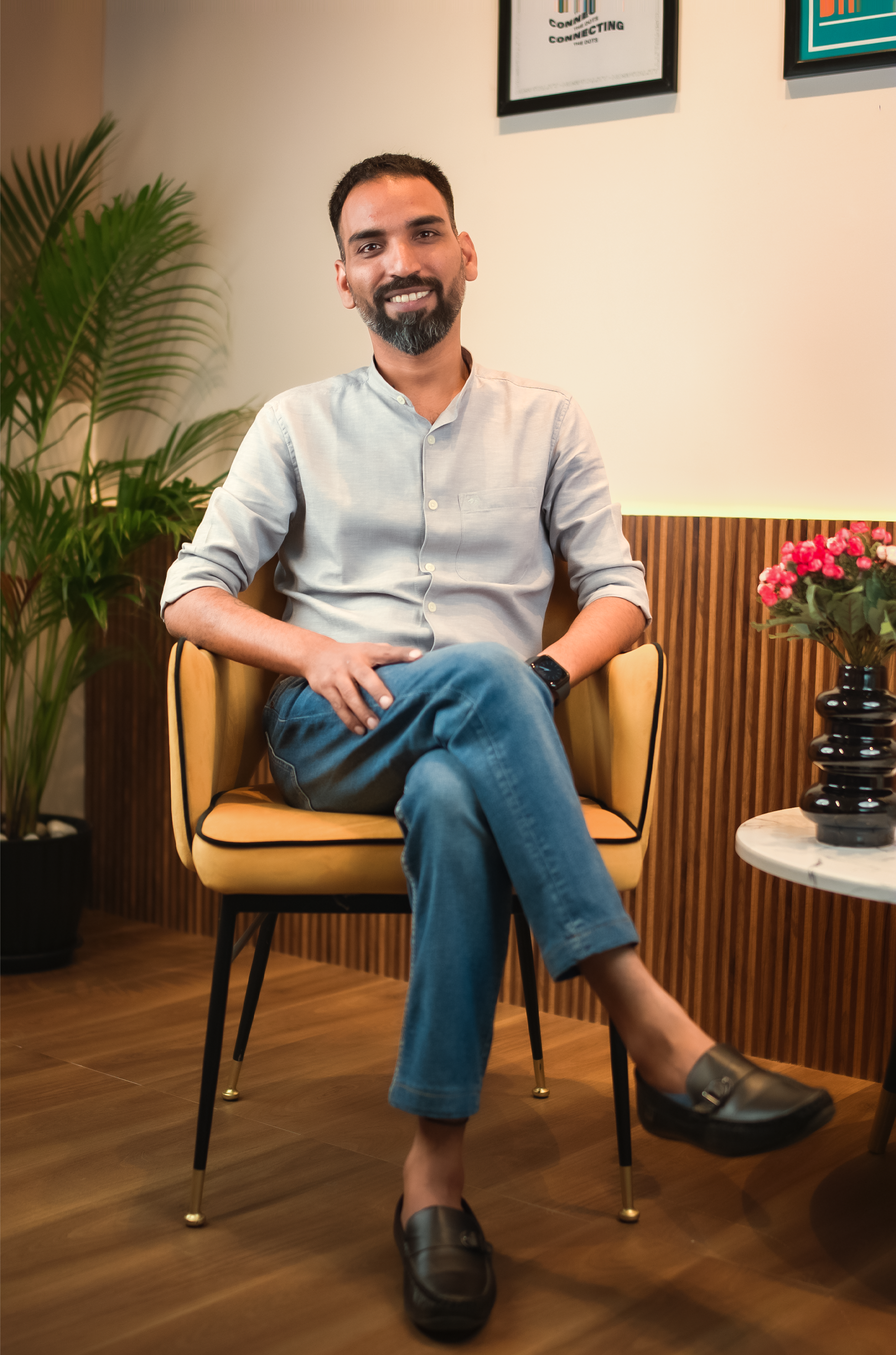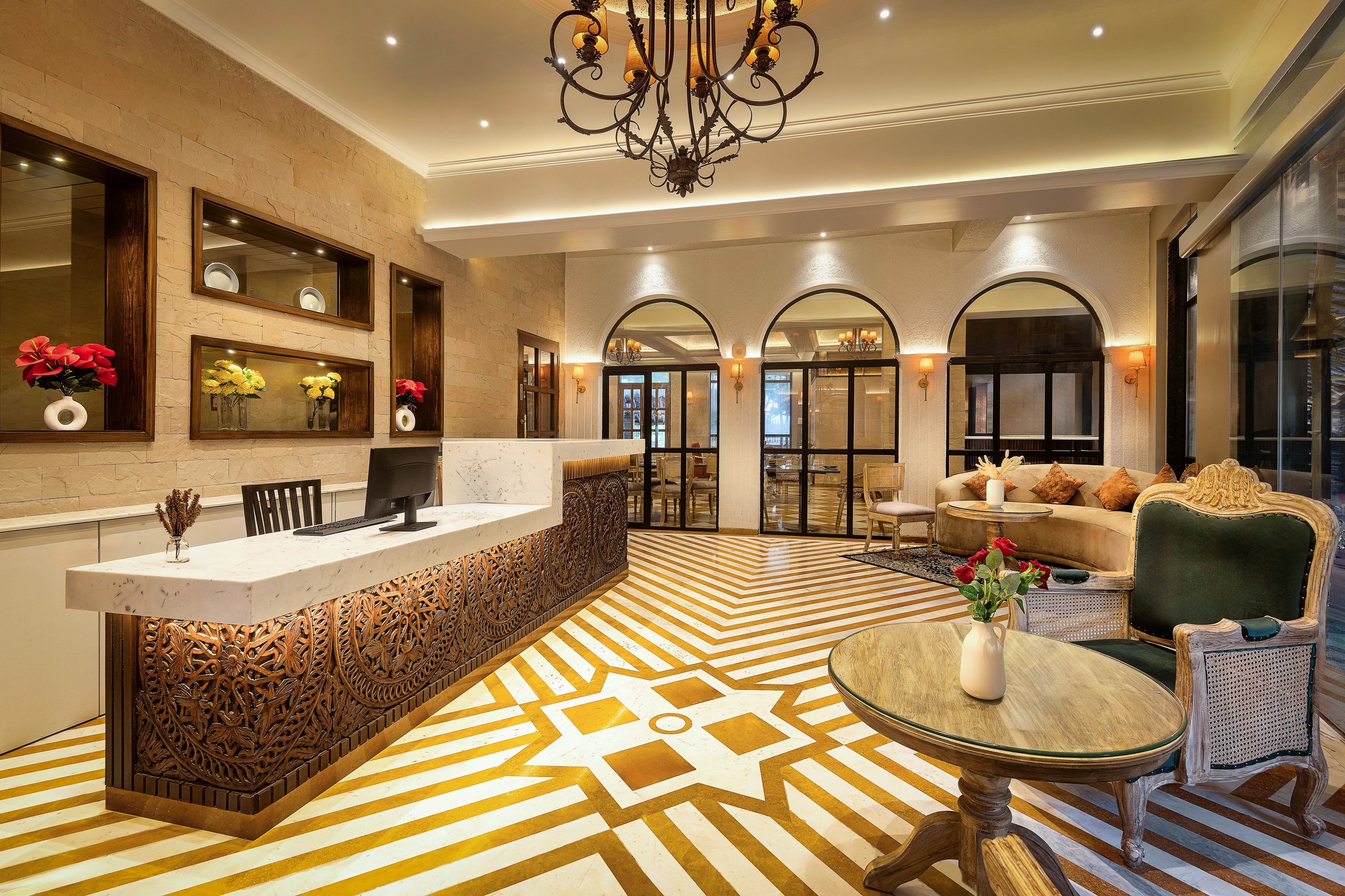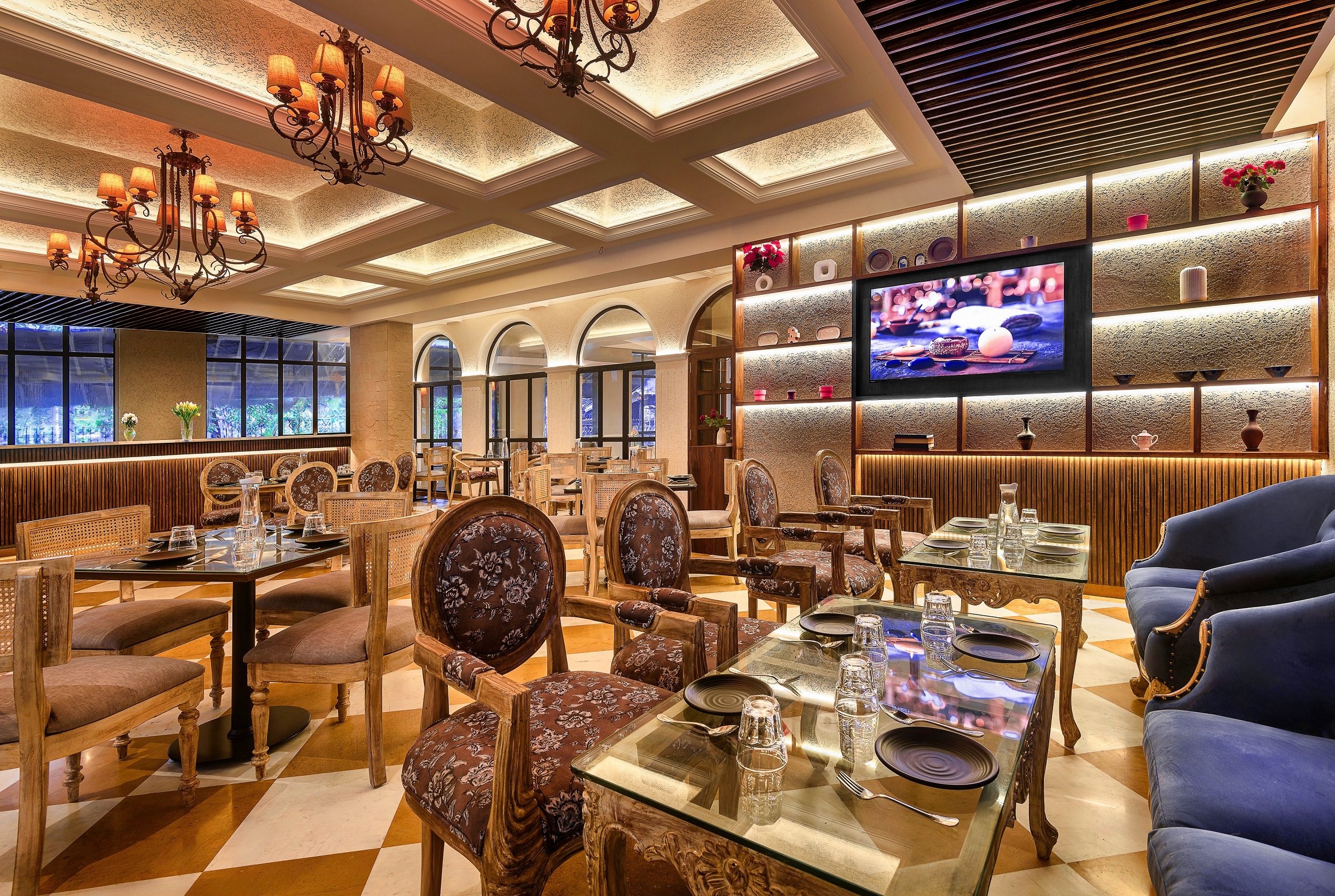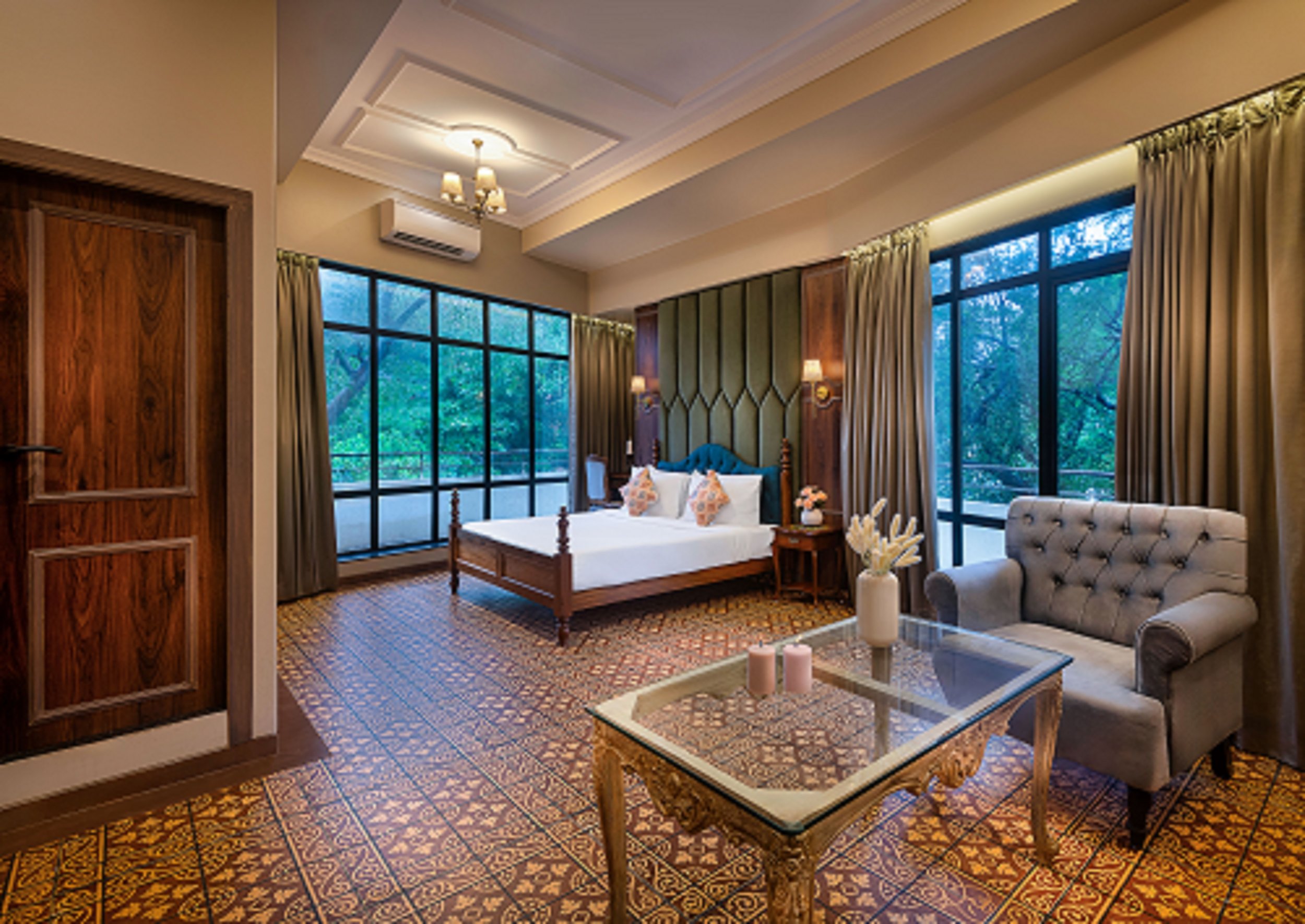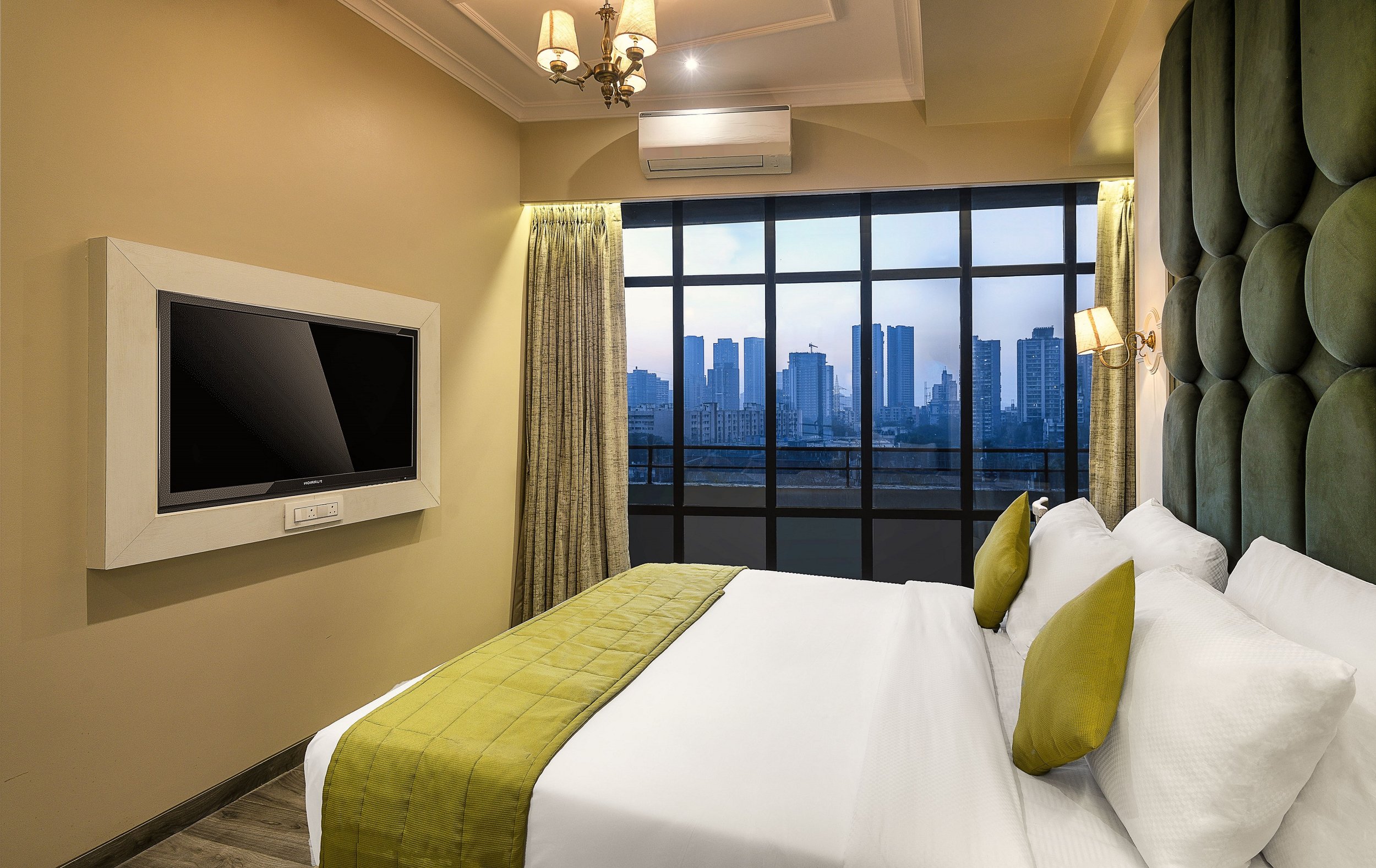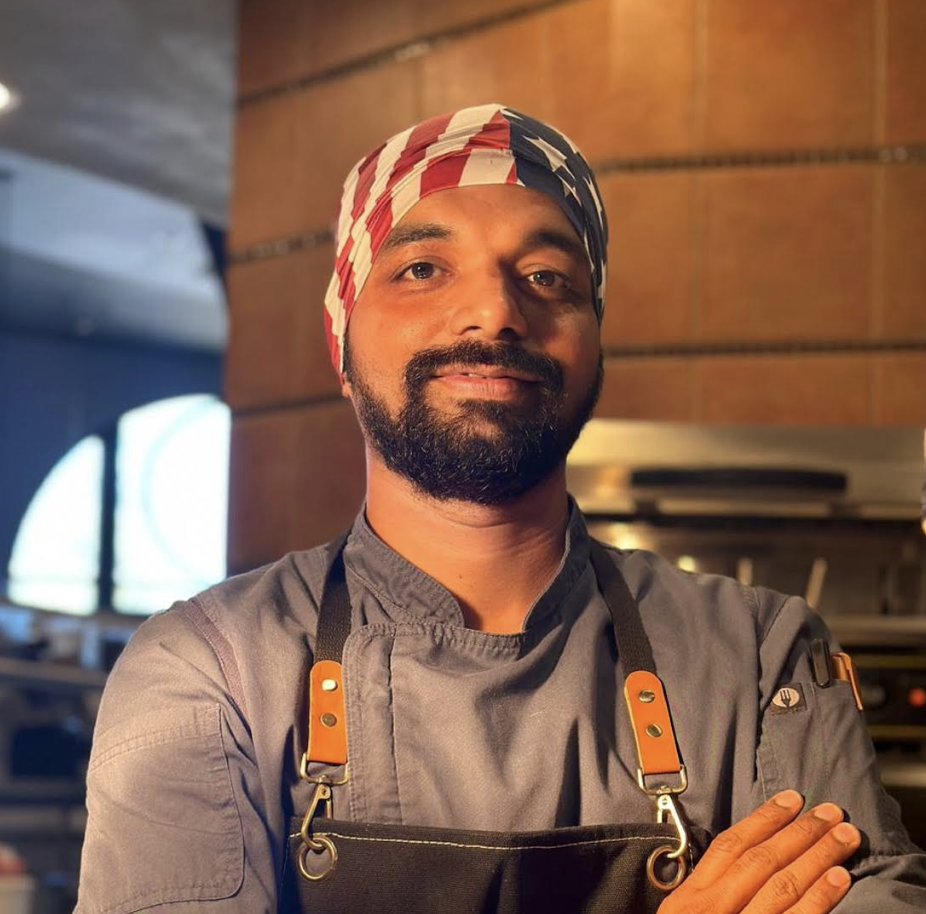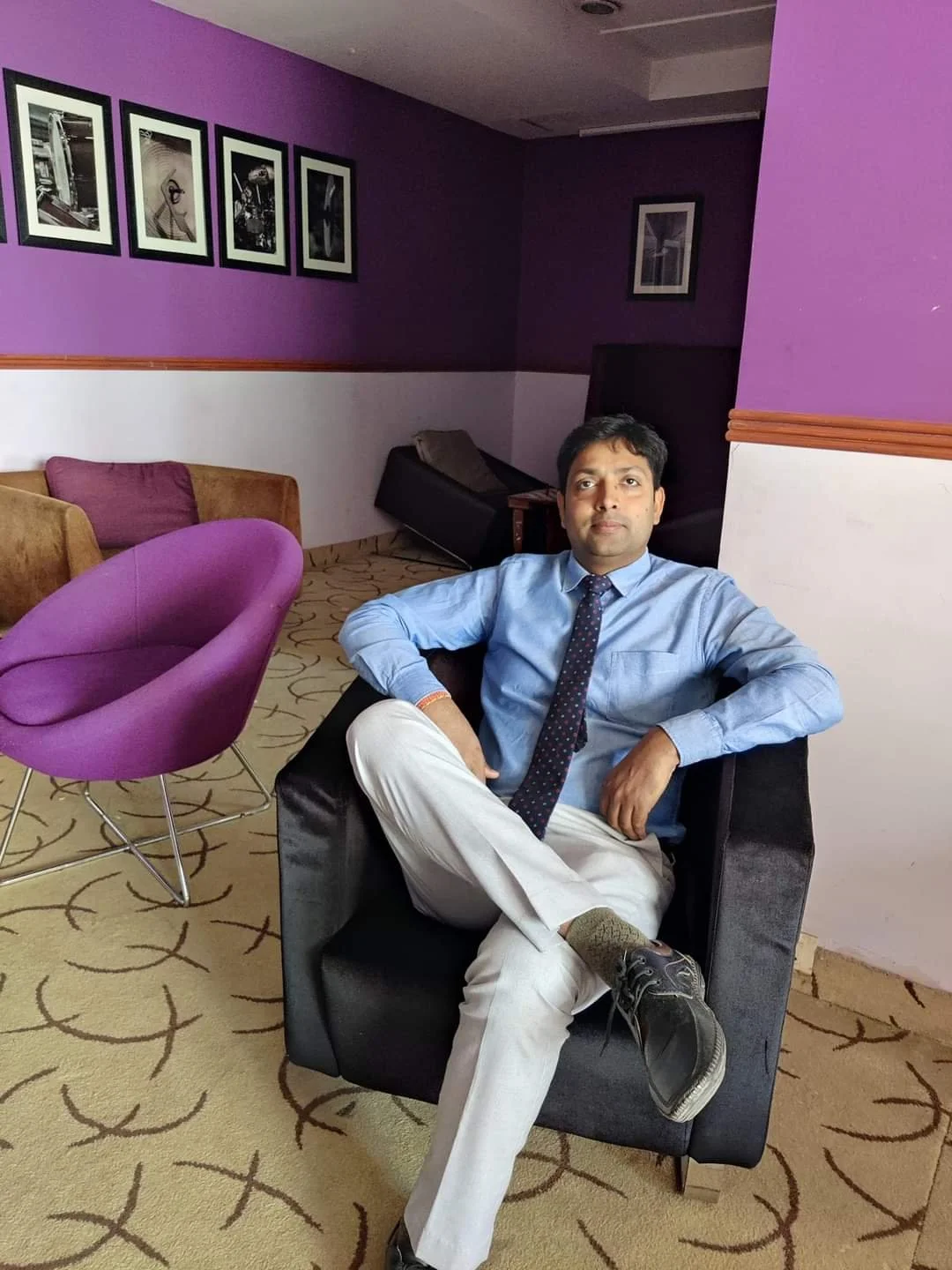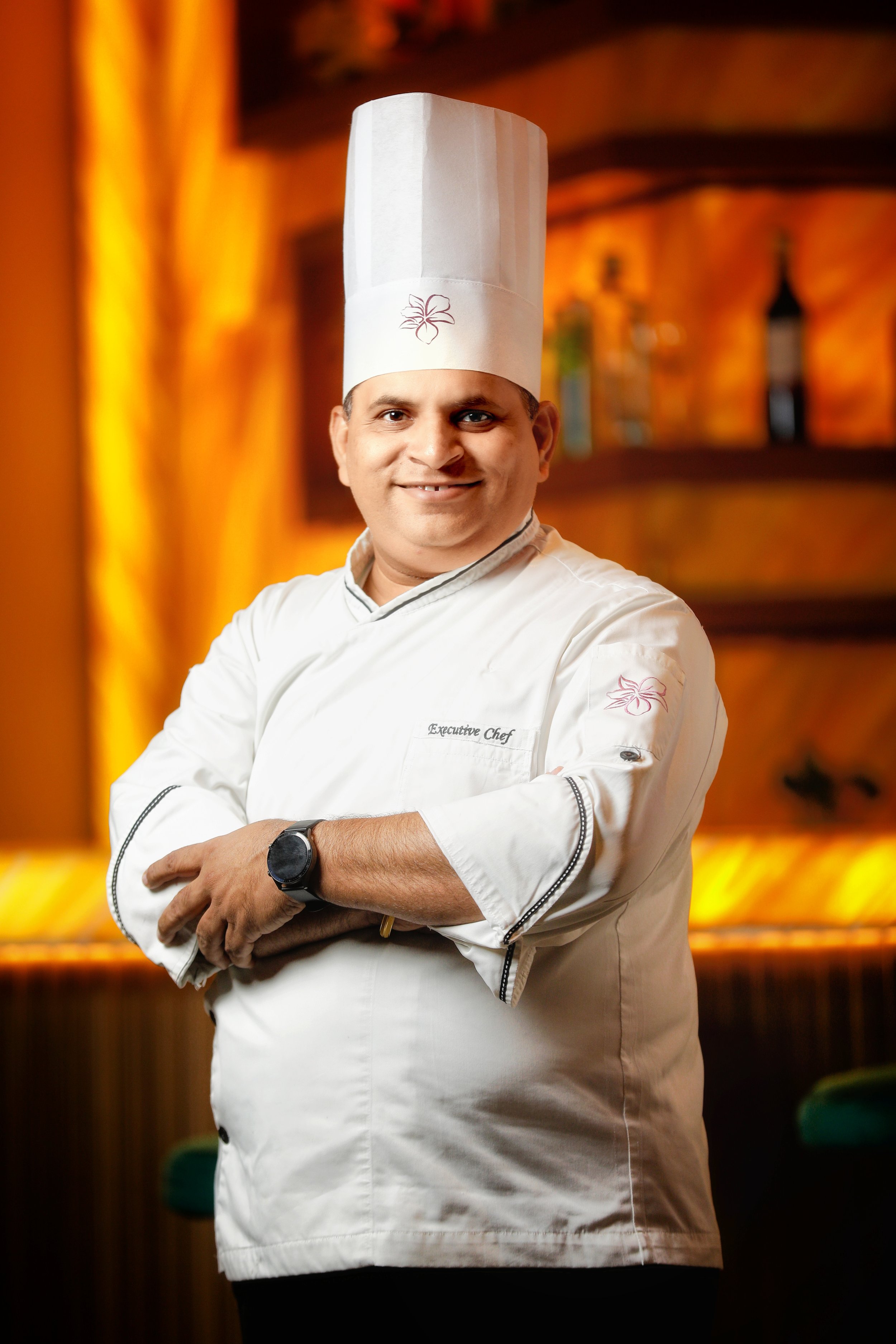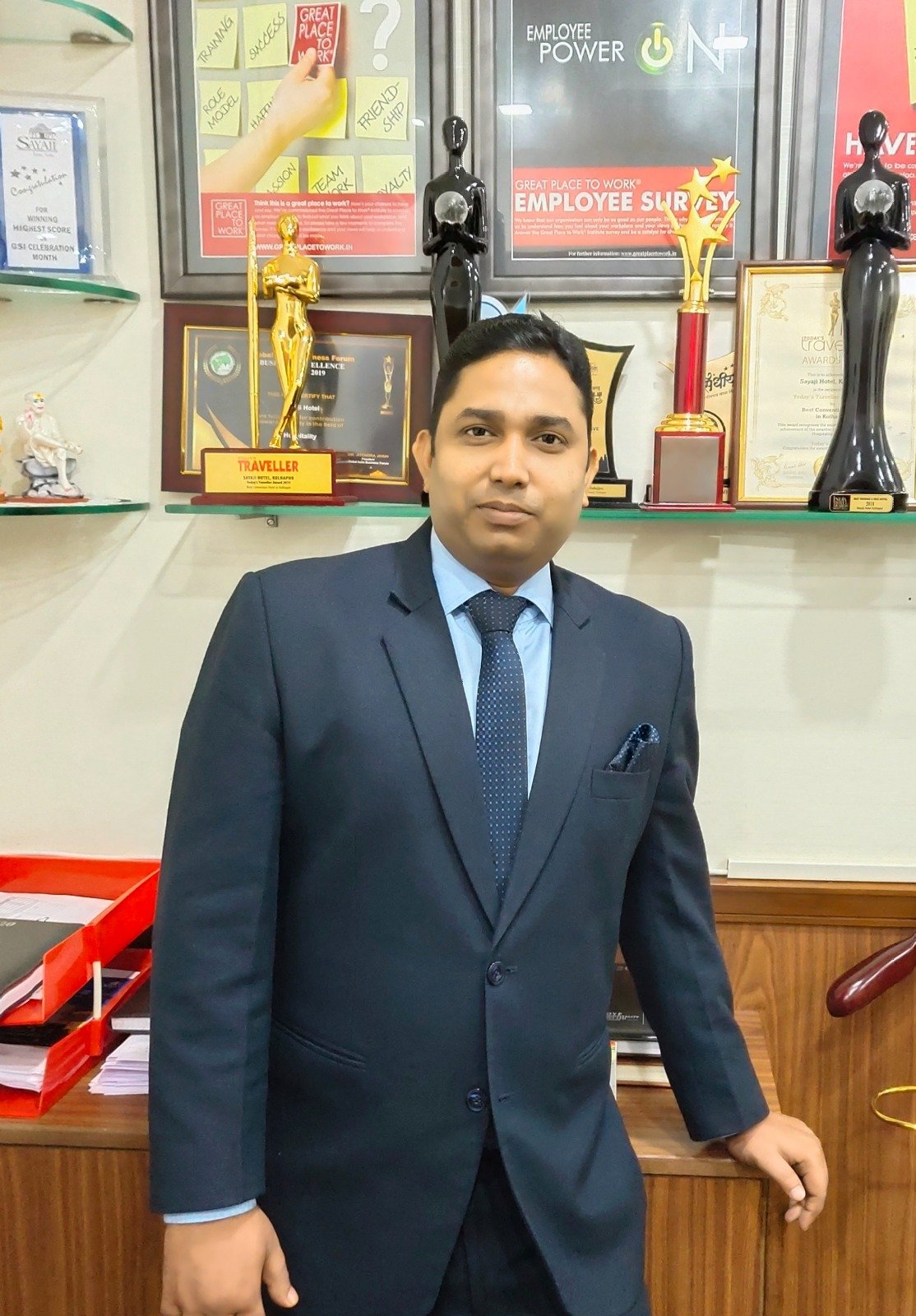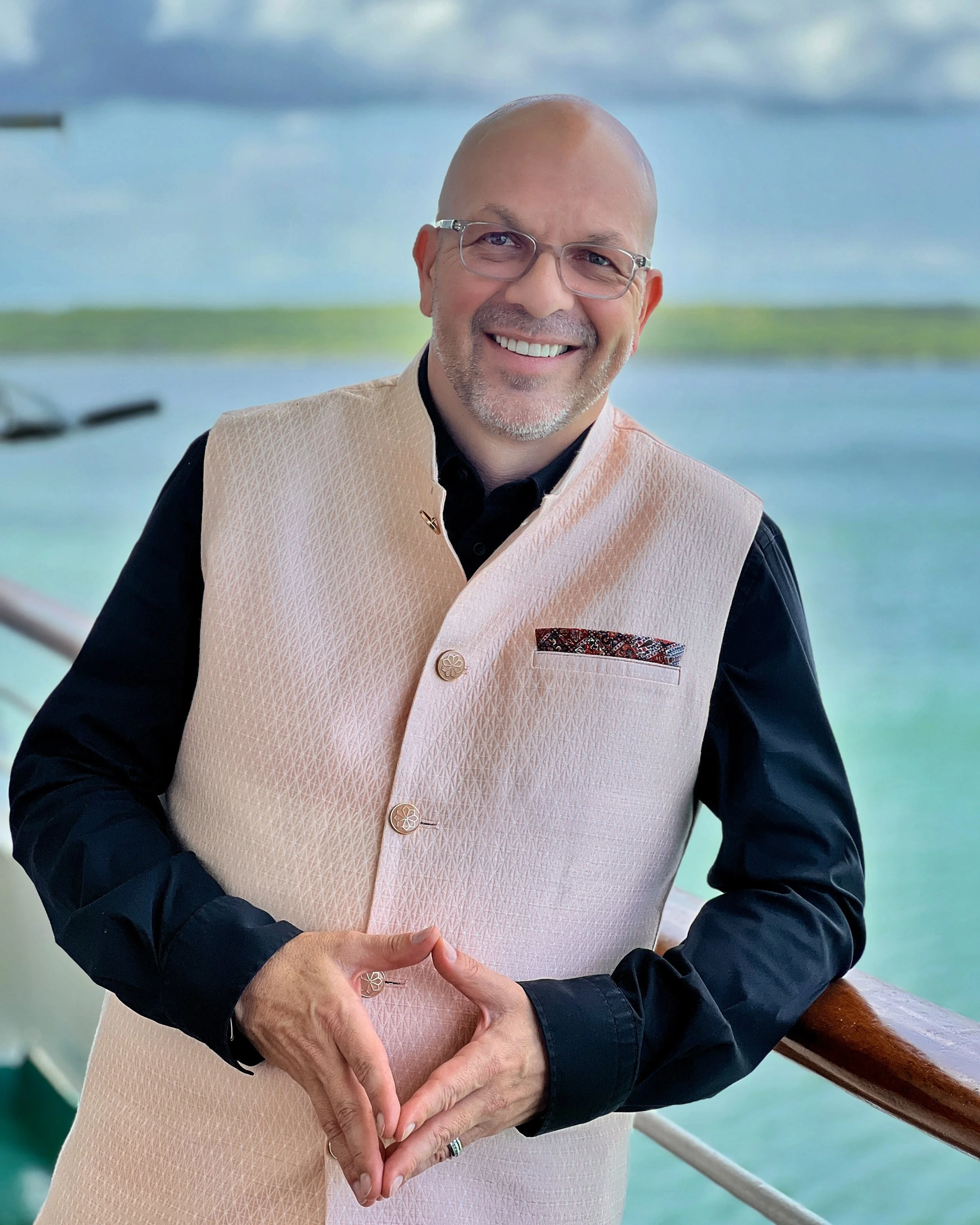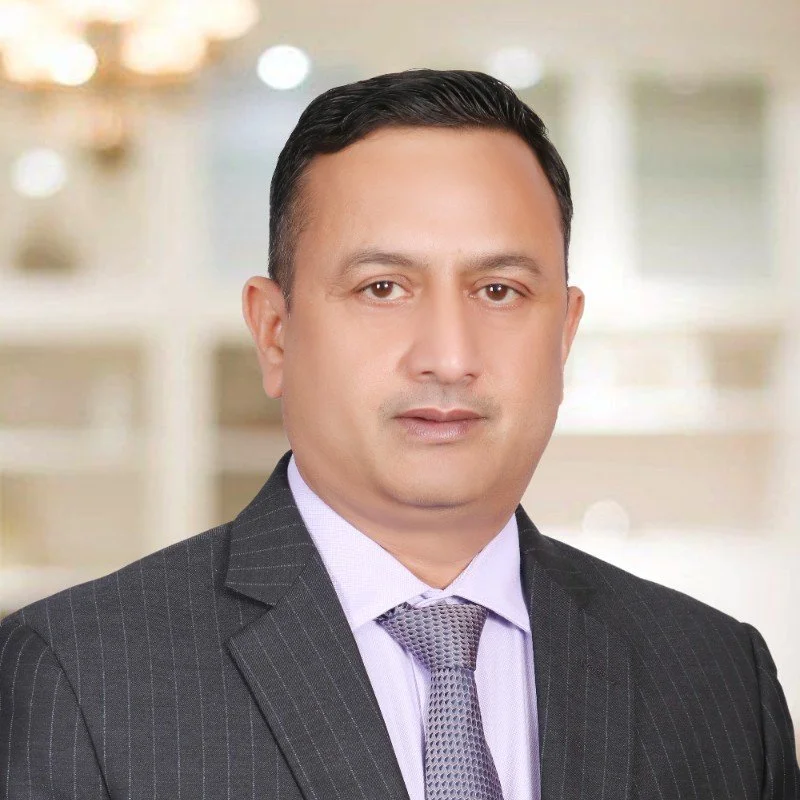Mr. Mishra, your journey from an engineer to a successful entrepreneur in the hospitality industry is quite remarkable. Could you share what initially sparked your interest in this field, despite lacking prior experience?
My journey into the hospitality industry began in revenue management under the mentorship of Mr. Ravish Swaroop at Praxis Services. My fascination for data analysis and numbers led me here. The analytical nature of revenue management aligned with my engineering background, providing a fresh perspective. As someone who didn't follow the conventional route, I saw untapped potential in the industry, which inspired me to become an entrepreneur in hospitality.
You worked with renowned hospitality brands like Sayaji, MAYFAIR, Carlson Rezidor, Hyatt, and Marriott. What key experiences or lessons did you gather during your time with these prestigious companies that contributed to your success in entrepreneurship?
In my journey working with renowned hospitality brands like Sayaji and MAYFAIR, I had the chance to set up and manage revenue departments. Sayaji took me from being a revenue executive to understanding the intricacies of departmental setup. At MAYFAIR, I implemented revenue management across the entire group, teaching me adaptability in different contexts. These experiences emphasized the significance of well-defined processes and SOPs, which I've carried into my entrepreneurial ventures, ensuring consistent quality and efficiency in my businesses.
Could you tell us more about Playotel Hotels, the company you founded? What inspired you to establish this presence across India, and what challenges did you face during its inception?
Playotel Hotels was born out of a vision to cater to the evolving preferences of a new generation of travelers who view hotels as more than just a place to stay. My ideology behind Playotel resonated with those who embrace individuality and are unafraid to blend unconventional lifestyles with their professional careers. It's for those with tattoos, a love for travel, a penchant for beards, and the drive to carve out a fulfilling career in both corporate jobs and personal passions.
The inception of Playotel was not without its challenges. The low demand in the initial phase left us uncertain about how COVID-19 would impact the industry and the global landscape. However, we remained hopeful and committed to offering our best to this unique niche of travelers who share our vision. Today, despite the challenges, Playotel stands as a testament to the resilience and adaptability of both the team and the guests.
Revenue Services is described as Central Asia's largest Revenue Management Firm with an exceptional retention rate of 97%. What strategies or principles do you believe have contributed to this remarkable success, and how do you maintain such a high retention rate?
At Retvens Services, our remarkable 97% client retention rate is rooted in our unwavering commitment to open communication, where we actively listen to clients and maintain ongoing dialogue, fostering trust and loyalty.
What truly sets us apart is our dedication to crafting personalized strategies, recognizing that revenue management isn't one-size-fits-all; it's like tailoring a perfect suit for each client, delivering undeniable results. With our roots in the hotel industry, we empathize with our clients, creating strategies that work for them and nurturing enduring partnerships. Our client-centric approach extends well beyond contracts, fostering long-term relationships. In the ever-evolving world of revenue management, we thrive on learning, adapting, and innovating, always ready for the next challenge. Moreover, our commitment is backed by quantifiable results, visible in increased revenue, improved occupancy rates, and enhanced profitability, ensuring clients are part of their own success stories.
As a professional in the hospitality industry, you've seen the sector evolve over the years. How do you perceive the changing landscape of the industry, and how do you adapt to these changes?
The hospitality industry has indeed undergone a significant transformation over the years. Previously, it primarily revolved around manual labor and traditional service delivery. However, in today's fast-paced world, technology plays a pivotal role, and it's imperative for us to stay aligned with the evolving needs of our clients.
Our approach involves a careful blend of tradition and innovation. We value the core principles of hospitality, such as warm, personalized service, but we understand that modern guests also appreciate efficiency and convenience. By striking this balance, we're able to cater to a broader clientele while staying true to our hospitality roots. Adapting to these changes is essential to not only survive but thrive in the dynamic hospitality landscape.
What advice would you give to individuals who aspire to transition from their current profession into the hospitality industry, given your own journey and success in this field?
Certainly, transitioning into the hospitality industry can be an exciting and rewarding journey. My first and foremost advice is to fully embrace this industry as if it were your own. Dive in and immerse yourself in its unique culture and dynamics. The hospitality industry offers a wealth of opportunities that can transform you both personally and professionally. It's an industry that thrives on passion and dedication, so start working for it and within it with unwavering commitment. In my experience, the more you put into this field, the more it will give back to you. Embrace the challenges, learn from the experiences, and always aim to provide exceptional service. This industry has the power to bring out the best in you, and with perseverance, you can achieve remarkable success.
How do you tailor your revenue management strategies to cater to the specific needs and challenges of the market?
Our revenue management strategies are uniquely tailored to each market due to our strong hospitality background. We leverage our deep understanding of hotel operations to develop data-driven, guest-centric strategies that address specific market challenges. This expertise allows us to optimize revenue and enhance guest satisfaction, ultimately leading to the success of our clients.
Entrepreneurship often involves taking calculated risks. Can you share an example of a challenging decision or risk you took in your career and the outcome of that decision?
I firmly believe that embracing risks is pivotal in both entrepreneurship and personal growth. A defining risk I took was leaving my secure position at Hyatt to join Sayaji, despite having less decision-making power. I firmly stand by the notion that if you're not taking risks, you're essentially stagnant.
The outcome? Joining Sayaji was transformative. I played a crucial role in its growth, enriching my understanding of risk, leadership, and entrepreneurship. It's a reminder that calculated risks are just risks in disguise. As a CEO, I encourage our team to step out of their comfort zones, make informed decisions, and be accountable for the outcomes – because that's where true growth and success lie.
Lastly, as someone who has achieved great success in the hospitality industry, what are your future plans and aspirations for both Retvens Services and your personal journey in this field?
I've always believed that entrepreneurship is synonymous with taking calculated risks. In fact, it's not just a part of entrepreneurship; it's an essential element for growth and innovation. I've had my fair share of challenging decisions and risks throughout my career.
One significant risk I took was starting Playotel, a venture in the hospitality industry. It was a bold move, but it taught me invaluable lessons about business and customer service. Eventually, I made the difficult decision to leave Playotel to pursue new opportunities. It was a tough call, but it led me to start Retvens, a venture in the service-based industry.
Many would consider starting a service-based business a risky move, but I firmly believe that there's no such thing as a truly "calculated" risk. If you're not taking risks, you're essentially choosing the safest path, which, in itself, can be the riskiest choice. As an entrepreneur, you must take risks and take responsibility for your decisions and their outcomes.
In my journey, I've learned that every risk, whether it's starting a new venture or leaving an existing one, has the potential to bring growth and opportunity. The important thing is to embrace those risks, learn from them, and adapt to the ever-changing business landscape. That's how we continue to innovate and thrive in this dynamic world of entrepreneurship.


